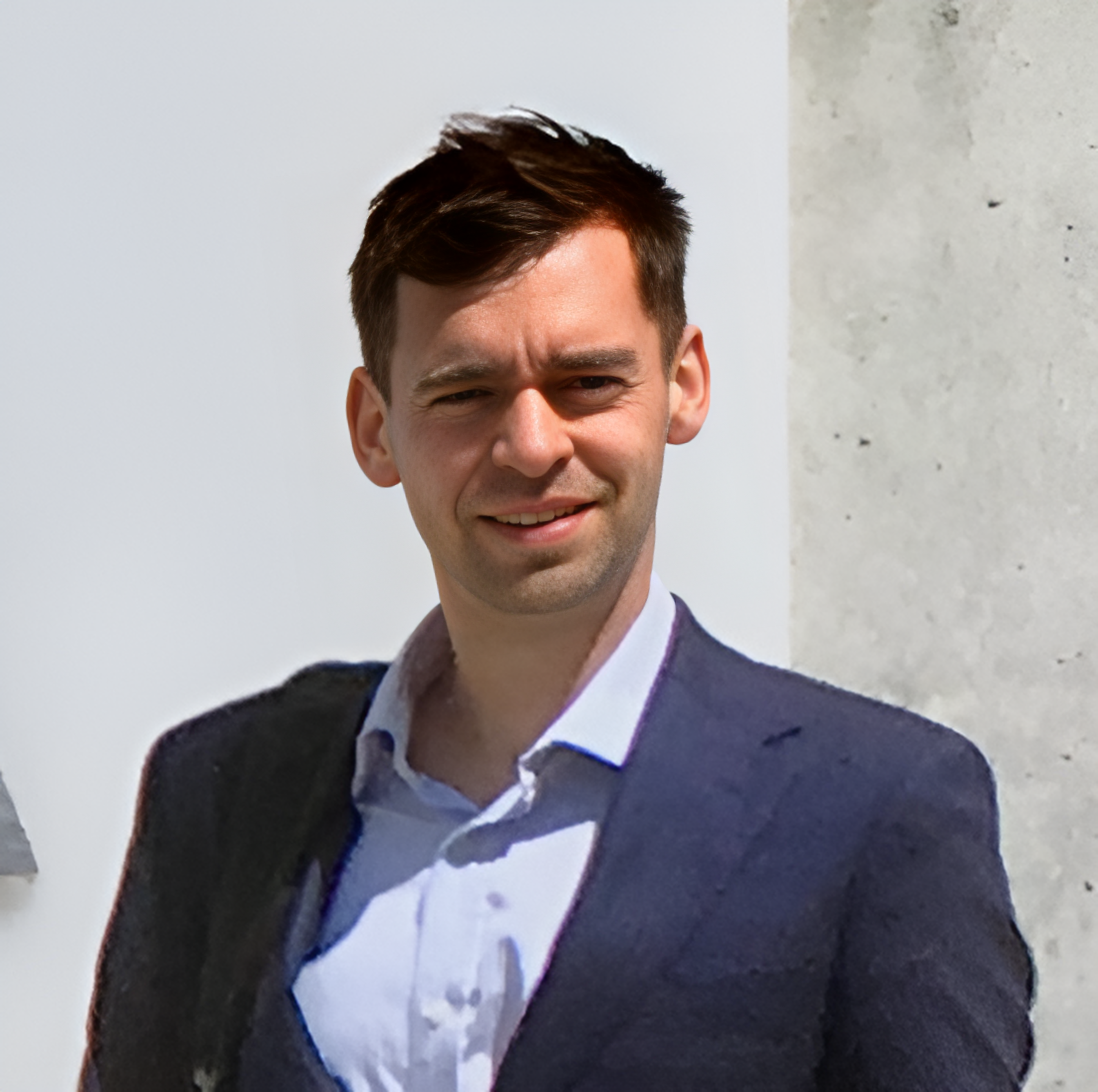- Learning
Deeper, More Resilient Learning
The Wharton School’s Mike Malefakis asks: What Next for Exec-Ed?
Contributing to a virtual roundtable event, co-convened in partnership by IEDP and UNICON in June, Mike Malefakis, CEO and Associate Vice Dean of Wharton Executive Education, shared his thoughts and insights into the impact of the pandemic on the executive education sector, and what might come next.

Executive educationalists have developed increasingly sophisticated online programs for the past decade and more—and Mike Malefakis has been at the forefront of that innovation process, both at Wharton and prior to that with Columbia Executive Education.
The accelerating effect on online learning, that was highlighted at this roundtable discussion, is now truly kicking in—with near universal adoption of online working norms, across business and a wider society. “These are trends that were already shaping the VUCA world we were living in prior to the pandemic have just gone into hyperdrive now,” says Malefakis.
While some trends have gone into hyperdrive, others have stalled. “The one trend that has certainly halted or faltered is globalization. For Wharton, we are very much a global school and this is a huge shift for us. We have to adapt to a new reality.” Malefakis goes on to describe the challenge of this new reality by asking, “How do we get back to what will be a new normal, in which we retain the benefits of global connectivity—where you have insights coming from across the globe, and you are bringing together different perspectives?”
I am confident we will end up being leaner and more creative, more innovative at the end of this.
Malefakis urges caution too, and that we may not yet have seen the full scope of disruptive effects of the pandemic. “We all have to get better at finding weak signals, particularly in this time. If you look back at the publishing world, a lot of people missed the weak signals. Exponential growth goes is curvilinear. We have experienced a massive disruption in that spectrum with the pandemic and we don't know yet what further shocks will hit and create even further change.”
During the roundtable, Wharton and other business schools represented at the event, were described as ‘super tankers’, well set to weather the storm of the pandemic, with strong ballasts to withstand the big waves. Malefakis responded to the analogy in kind, noting that, “There is a benefit to being a speedboat as well. You can be more agile, you can be more flexible, you can pivot more quickly.
“If you're a small provider what's your niche? What's your special ability that you can do quicker, or better than some of the global brands? It could be an opportunity for you.”
“Looking at our industry as a whole, we each have to further analyze our particular value proposition—and how can we hone-in on that. We may end up being leaner and more creative, more innovative at the end of this.”
On the subject of opportunity, Malefakis reported on some potential positive outcomes that he was beginning to observe. “In a sense we are getting into deeper relationships with those companies that we already work with, where we are no longer just co-creating solutions, but we're actually co-analyzing a rapidly shifting environment together. There is a form of tightening up relations, which is one positive I can see.”
You need a deeper commitment to thinking through unimagined consequences. And I think that's something that universities are uniquely able to provide.
Concluding his remarks, Malefakis offered a pertinent analogy around global supply chains. “Over the past two decades, supply chains have been relentlessly pushed towards efficiency and we have just seen all too clearly how they can break down in this case as a result of the pandemic. They had been pushed too far toward just-in-time supply, with no resiliency built-in—no backfills, or secondary channels of supply—and for a couple of decades that worked brilliantly. The analogy with education is that as university-based providers, we provide more objective and deeper learning. Many EdTech companies are growing rapidly and are about just-in-time learning. There is a certain place for that. But if you don't have the deeper, resilient learning, when the playbook gets completely erased, there is a radical shift as we are seeing now, and just-in-time no longer works. You need a deeper commitment to thinking through unimagined consequences. And I think that's something that universities are uniquely able to provide.
“I think in the wider economy, going forward we will probably sacrifice some efficiency, pay slightly more for things to have more resilient and holistic supply chains. And, to continue that analogy, that's the type of education that we provide in universities, versus some of the other options out there.”
Mike Malefakis is CEO/Associate Vice Dean at Wharton Executive Education. You can follow him Twitter @MMalefakis
ARTICLES YOU MIGHT LIKE
VIEWPOINT
For Thomas Misslin, transformation rather than training is the aim of executive education at emlyon business school
DEVELOPING LEADERS QUARTERLY MAGAZINE AND WEEKLY BRIEFING EMAILS

































